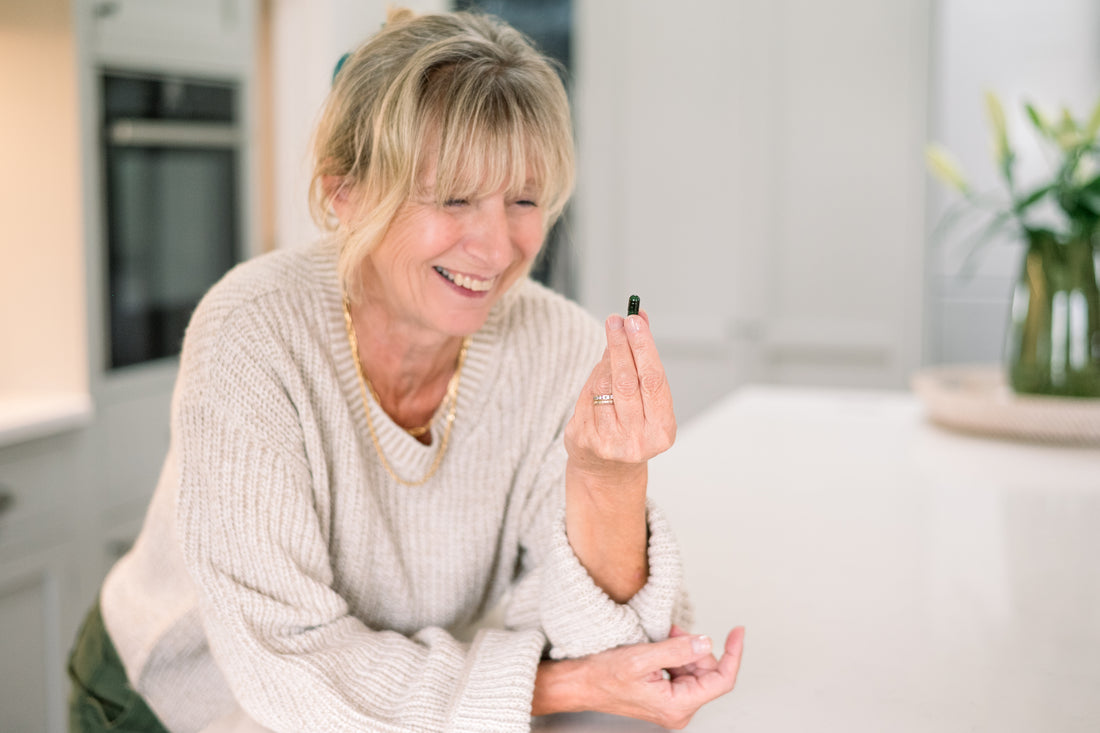If you’ve scrolled through TikTok lately, you might have seen the October Theory trending—a new perspective on self-development that health and wellness enthusiasts are adopting in droves.
So what exactly is October Theory, and is there any merit to it? Let’s dive in.
What is October Theory?
October Theory positions October 1st as an alternative January 1st. Rather than saving up all our resolutions and healthy habits for the New Year, Tik Tokers argue that October is a better time to focus on self-growth, goal-setting and new beginnings.
With only 90 days left in the year, many people find the sense of a countdown a natural motivator, which prompts them to reevaluate what they want to achieve in the last stretch.
Is October Theory really a thing?
Well, in the world of Tik Tok, yes. And although there isn’t any scientific research behind it, October theory seems to tap into our instinct to mark new beginnings with the changing seasons.
From the ancient pagan festival of Samhain, which celebrated the end of the harvest season, to more modern “New Year, new me” resolutions, we humans can’t resist the “fresh start” effect.
So there is psychological merit to October Theory. And perhaps the reason it’s become so popular is that it acknowledges some of the pressure that surrounds those traditional New Year’s resolutions—which 69% of Britons failed to keep last year.
In this way, we can use October Theory to work with our brains’ tendency to equate the passing of the seasons (and indeed, time) with opportunities for self-development.
Meaning we can apply October Theory all year long—whether at the start of a new month, week or even day.
How to make October Theory work for you, all year round
A new month or seasonal shift can act as a helpful reset. The autumn and winter months are particularly suited to this, as we’re more likely to retreat inwards. Making it a (paradoxically!) fruitful time for reflection and grounding routines.
Here’s how to make October (or November) Theory work for your wellness journey.
3 tips for building healthy habits
If you set out to completely overhaul your life and become a totally new person, chances are you won’t get very far. That’s because change is often best achieved through small but meaningful steps.
Enter: building healthy habits. Here are some tips to get you started:
Add, don’t subtract.
Instead of dramatically cutting out things like chocolate or TikTok, focus on adding positive habits, like an extra serving of fruit, a daily journal practice, or a healthy supplement.
Keep it simple.
Set realistic goals—a 10-minute walk is much easier to commit to than an hour-long workout every day. Same goes for taking a daily supplement, rather than trying to make every single meal nutritionally “perfect”.
Stack healthy habits.
Start small and build gradually. For example, you might start by adding hot lemon water to your morning routine, then a supplement, and eventually a short HIIT session. All those micro-changes stack up!
The takeaway
October Theory reminds us that change doesn’t have to wait until January. So what small step can you take right away?

